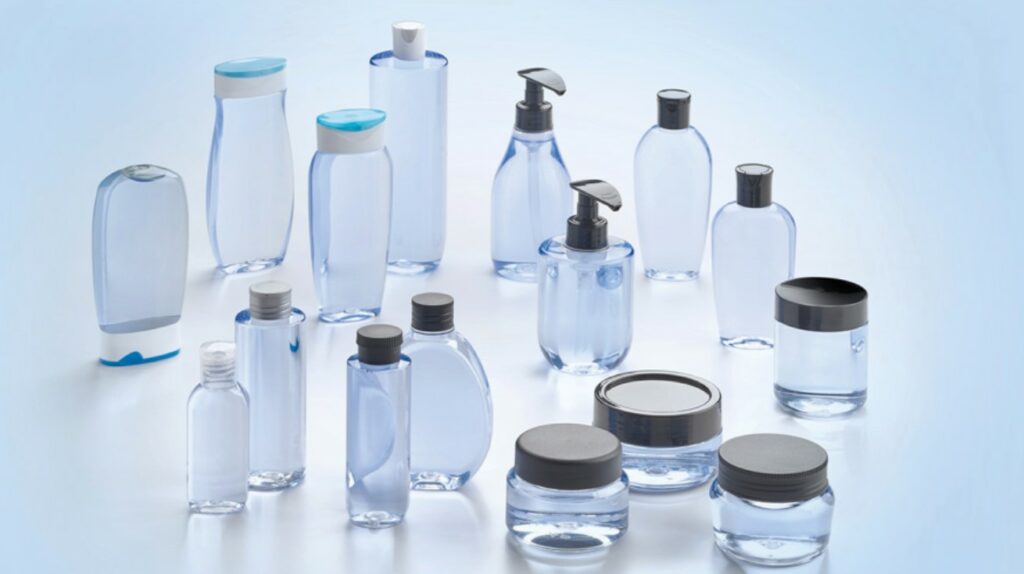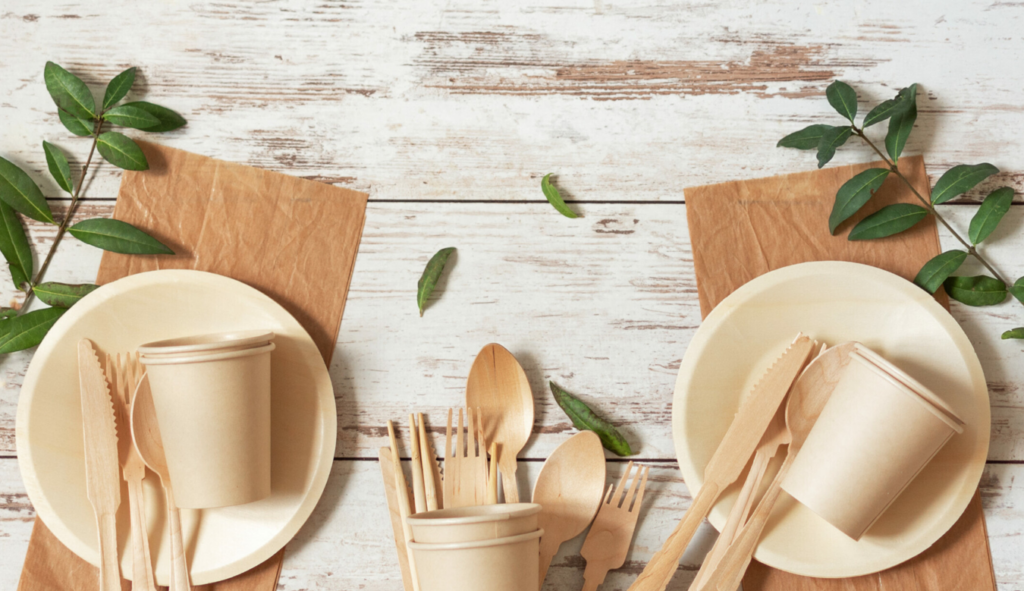Drinks and liquids: Single-use plastic no longer fills the market
Single-use plastic packaging is the number one challenge in the beverage and liquid market.
Alternatives to plastic are at the heart of the sector, with the new regulatory obligations of the law on the fight against waste, and the circular economy.
The beverage and liquid market in full recycling mode… The plastic industry has a bad reputation and has been the target of institutions, environmentalists and committed consumers for several years.
Why is this? There is one major reason: plastic is both the most dominant material on the market and the one with the highest environmental impact.
Plastic, in a few key figures, is :
- 55% of plastic packaging placed on the market in France, i.e. over half of all packaging.
- 4.5 million tonnes of plastic waste produced every year in France.
- 66.6 kg of plastic waste per French person per year.
- Every year, France produces 310,000 tonnes of plastic bottles.
- 25 million plastic bottles are thrown away every day in France.
- The recycling rate of plastic waste in France is 26%.

at the centre of the current transition in the beverage and liquid market
Changes in regulations on single-use plastics
New regulatory constraints at national and European level are redefining the production model around the plastics industry. The new directives articulated around the “Fight against plastic pollution” promote the recycling and revalorisation of recycled plastics, to the detriment of single-use plastic packaging, which is targeted to disappear.
This is a new turning point for the beverage and liquid market, for which plastic is the main material; hence the growth of PET and R-PET beverage and liquid packaging.

Successively, the “Egalim” law as well as the “Plan Biodiversité” have defined partial to complete bans on the use of single-use plastic packaging. Until the recent “Anti-waste law for a circular economy” which aims at a drastic reduction of single-use packaging put on the market.
A limit of less than 50% of single-use plastic bottles by 2030, and a total elimination of single-use plastic packaging by 2040 have been set by the Ministry of Ecological Transition.

Single-use plastic packaging has been explicitly named environmental enemy number one.
As a result, a complete restructuring of plastic packaging production, the reuse of materials, the use of alternative materials (such as cardboard or bamboo), easy access to recycling, or the introduction of bulk and deposits.
Are you a player in the beverage and liquid market, or in the plastic industry? Join ALL4PACK Emballage Paris during the 2023 meetings, and register for the next edition of the show in 2024!
You Might Also Like:
AEGG ALLFORPACK EMBALLAGE PARIS Antalis bekuplast bottles cardboard circular economy Citeo Conferences conferences space consummer goods CSR Domino durability e-commerce eco conception eco responsable eco responsible emballage environmentally friendly food safety food security innovation KHS Lactips logistic logistics machines materials news packaging paper pharmaceutical plastic polymers printing processing recycling reuse security sustainability sustainable development sustainable packaging sustainable solutions Traceability


